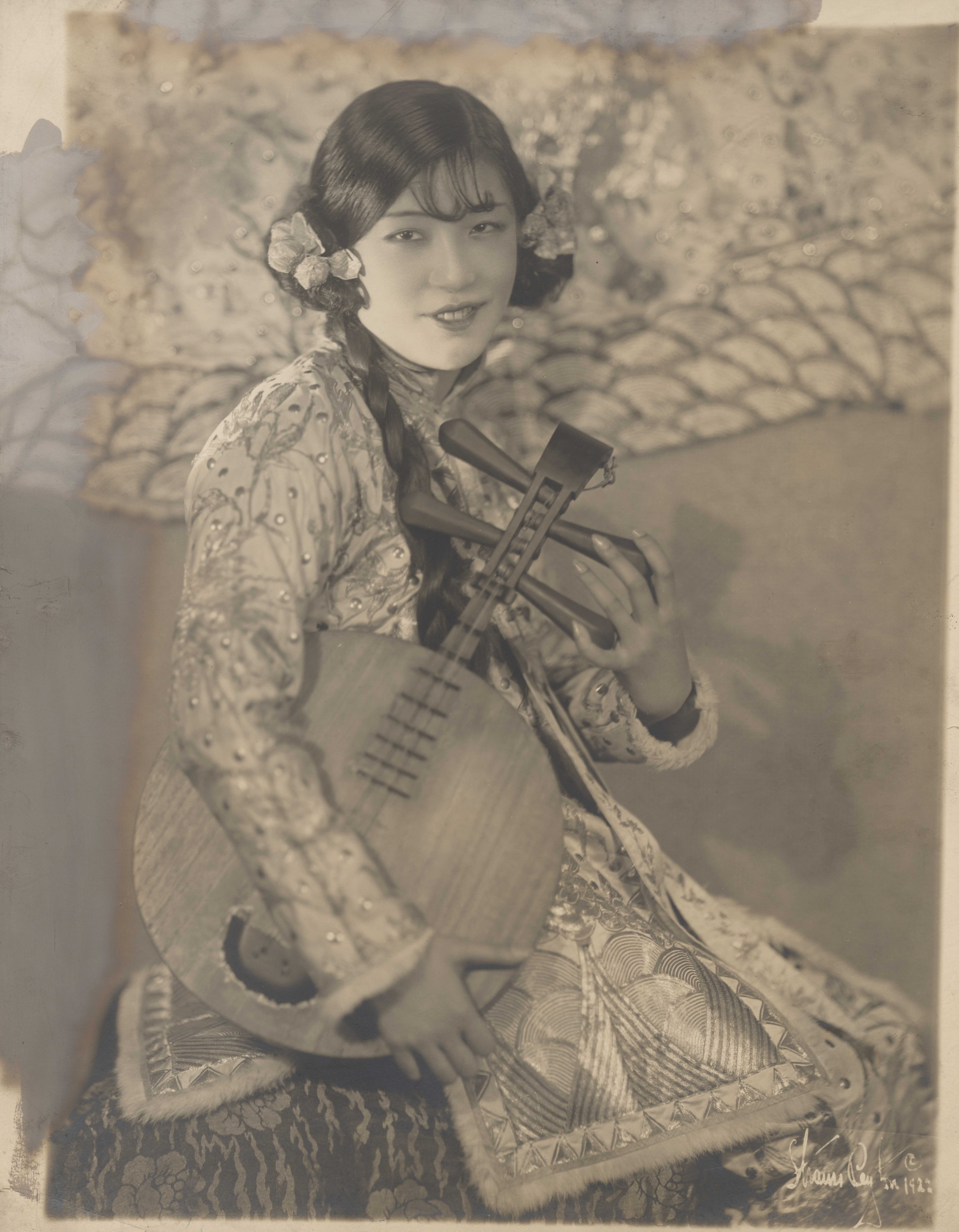“Chinese American Identity, Performance, and Immigration Law: Jue Quon Tai in Theaters and at National Borders”
Theatre Journal (March 2024)
Winner of the 2025 Vera Mowry Roberts Award for Research and Publication (American Theatre & Drama Society) and the 2025 Early Career Researcher Prize (Theatre & Performance Research Association)

This article considers both stage performance and immigration law enforcement to redefine hyphenated Chinese American identities during the Chinese Exclusion period (1882-1943). It employs the case of Jue Quon Tai, a Chinese American singer who was active in vaudeville between 1915 and 1926. The Chinese Exclusion Act established an unforgiving legal distinction between Chinese and American, yet first-generation Chinese Americans started to see their hyphenated identities not as an either-or but as and/or voluntary choices, implying a constant reconfiguration between their Chinese and US American cultures. Legal requisites notwithstanding, I argue that Jue’s theatrical performance challenged contemporaneous assumptions of Chinese Americans as “inescapably” Chinese and influenced how immigration officers might respond to hyphenated Chinese Americans at the border. This contention highlights the interplay between performance, racial understandings, and immigration law. I use interplay because, as the article demonstrates, not only racial thought and restrictive immigration policies influenced what appeared in theaters but, most strikingly, performance culture affected the way ideas of race and immigration law were understood and implemented.